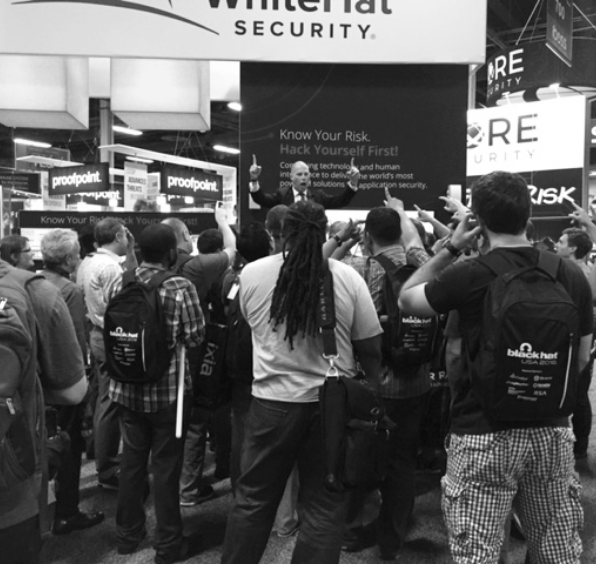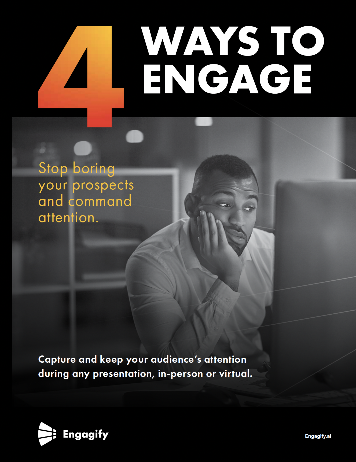The trade show has wound down and you’ve debriefed with your team. After a ton of hard work and planning, you’ve gathered a long list of new, qualified leads – so what now? Do you have a solid plan to make the most ROI from these fresh contacts?
Having an efficient and effective follow-up plan is one of the most important parts of your overall trade show strategy. Too often exhibitors won’t have the necessary sense of urgency or well-thought-out plan to successfully contact leads obtained at the show; in fact, it’s all too common for leads to never be contacted once they leave the show! Here are three key steps to following up on a sales lead after a successful trade show.
Organize your leads based on potential
Before you can understand your company’s different levels of prospect readiness, you need to have clear communication about what an ideal, or quality, lead looks like. Without this definition set up, you and your team might neglect to follow up on the perfect lead because of a simple miscommunication.
Once you’ve categorized the leads with most potential, then it’s time to start reaching out and making contact.
Follow-up immediately after the event
The typical thought process for trade show follow-up is to wait a few days or even a week after the event to make the first contact with a qualified lead. The idea is that attendees need time to return home, get caught up on work, check their email, and then they will be ready to hear more about your solution from the sales team.
Take it from us: don’t wait! Leads have a limited shelf life, so if you wait until the attendee returns home and returns to normal activity, they are unlikely to be interested in your solution, reducing your chances of securing a sales meeting or generating an opportunity. Instead, you need to strike while the iron is hot at the trade show. The day after the conclusion of the trade show, send a personalized follow-up to your leads and get the conversation going.
Start off with a casual email
Keep it short and sweet, but make sure there’s a purpose behind your email. Whether this person is a prospective customer or someone in your industry, consider how this contact will benefit your company. Are you trying to achieve a new sale? Do you think this professional can share insight on your own business’ growth?
After you’ve decided what the purpose is, type out a few drafts and cut it down as necessary. Make it clear and concise, but don’t forget a few key points to following up with trade show attendees:
- Individualize every follow-up email. Remind this person who you are, what company you’re a part of starting with a simple, “Thanks for visiting our booth at the conference!”
- Briefly mention where you met and include a point from the conversation you had during the trade show.
- Include a call to action. This should just be a statement to put them on the path you’ve set out for them, whether it’s toward another department or a more in-depth conversation about your company.
Arrange an in-person meeting
Once you’ve thanked them for coming by your display booth, request a phone call or in-person meeting to enable them to get to know you and your company, and to help you gain a better understanding of their needs. A good time to do this is three to five days after your initial email and the most casual way to do so is by scheduling a coffee meeting or a quick lunch date. This can help a cold lead warm up to your company, and it will give them the extra nudge they need from a familiar face they’ve already met.
In the meantime, add them to your email newsletters and/or social media distribution lists. Invite them to participate in webcasts, or regularly send them helpful articles or links to key information about your industry. The goal is to cultivate these potential buyers, offer information of value to them, and keep them actively involved with you until they are ready to purchase.




